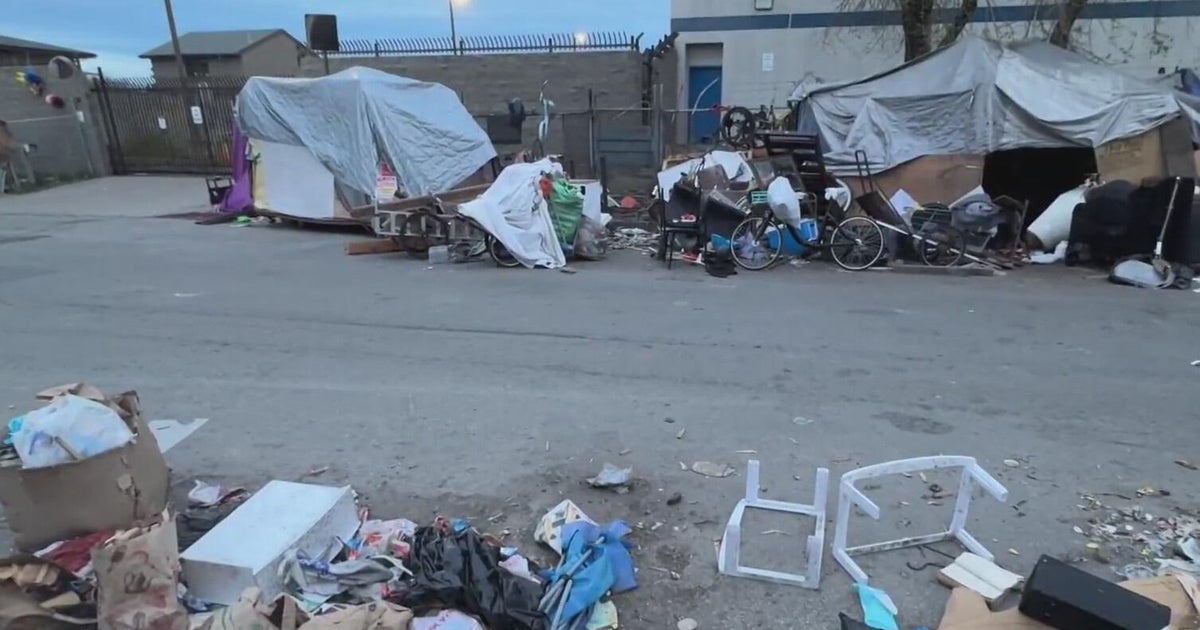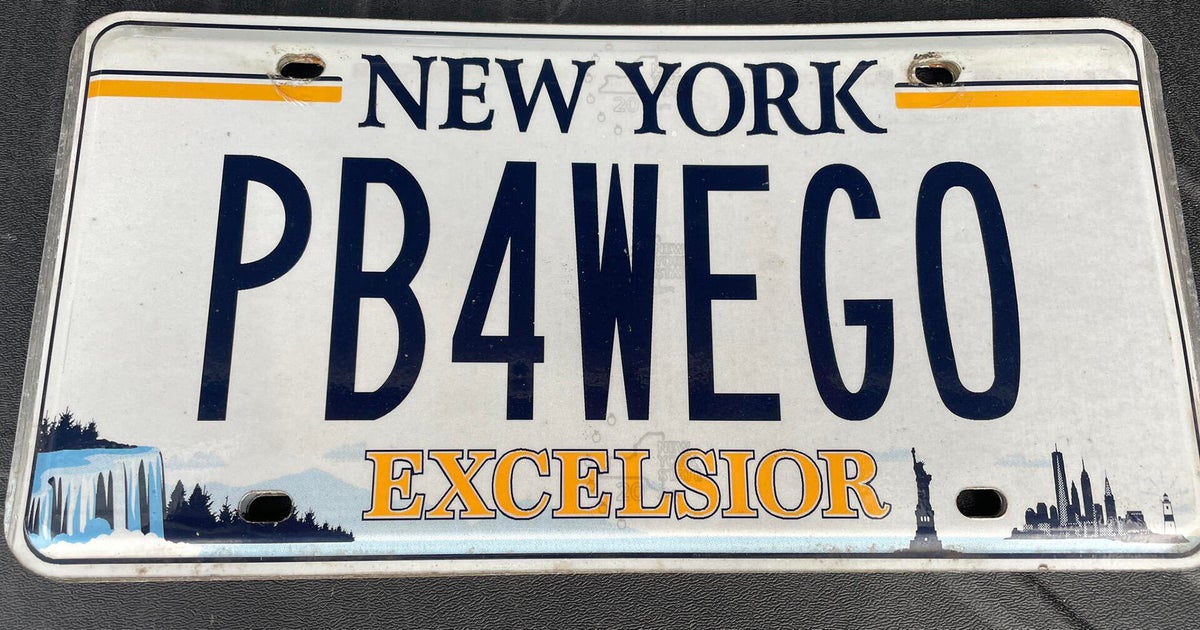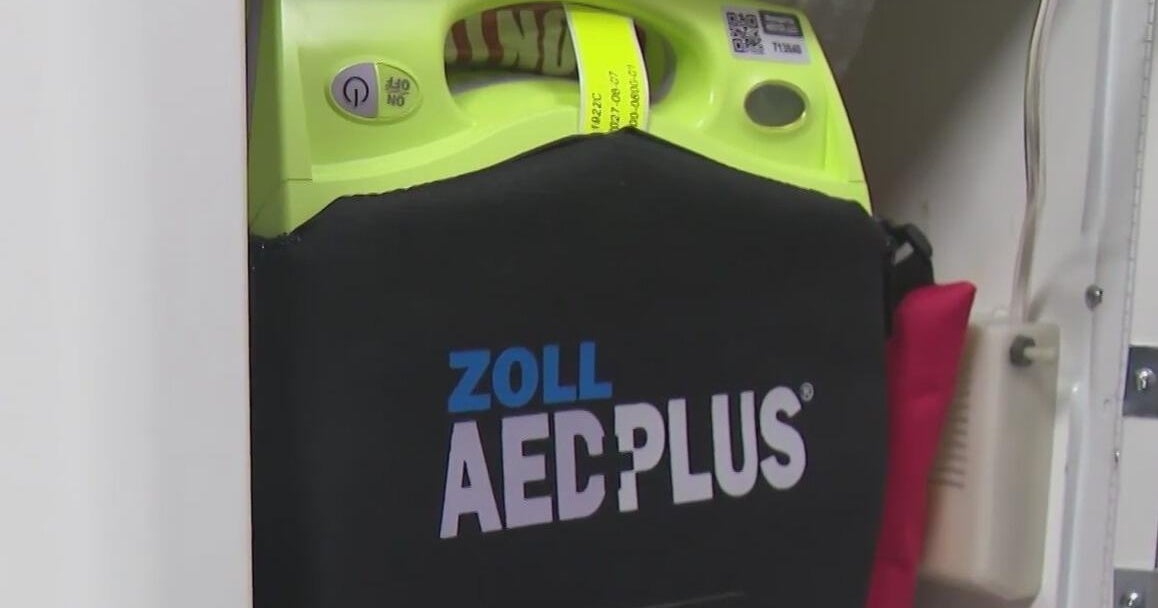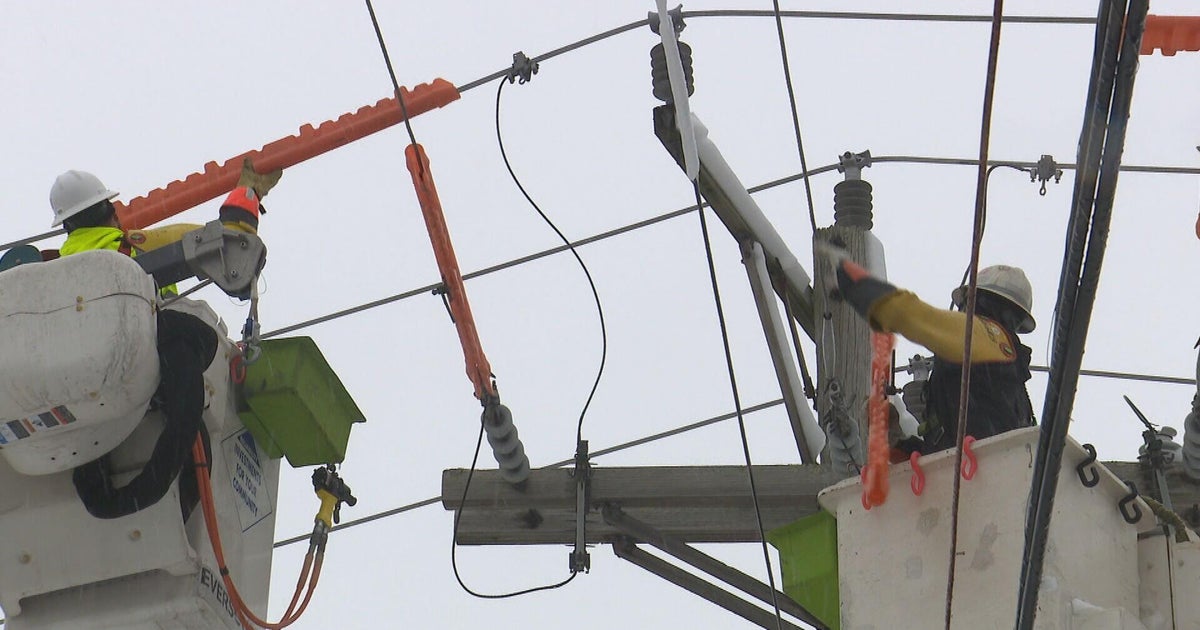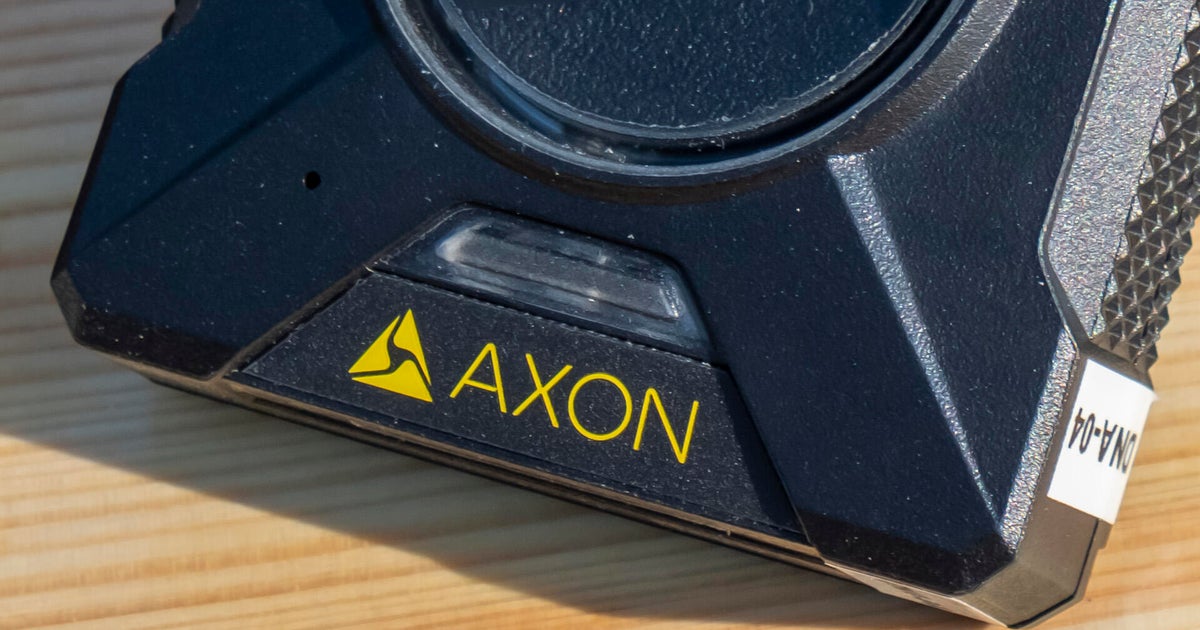Berkeley residents divided over use of automated license plate readers
BERKELEY -- As Berkeley police report a major increase in crime -- especially vehicle thefts -- some city officials are proposing automated license plate readers at entrances to the city. It's pitting residents against each other in a debate over safety versus privacy.
David Taylor's quiet, tree-lined North Berkeley neighborhood doesn't seem like it would be a hotbed of crime but, standing on his front porch, he said that, in recent years, his cul-de-sac has become a dumping ground for stolen vehicles and he was once shot at during an attempted robbery.
"I think what's actually happened is crime has become a lot more dangerous for victims, ... You don't just get your phone stolen. You also get stomped in the face after you're on the ground," Taylor said.
As a systems engineer, he favors an analytical approach to the problem.
"We live in a high-tech area. It seems like we'd be using high-tech tools to fight crime and it doesn't seem like we are," Taylor said.
Now, a city council member has asked the police to re-examine an abandoned plan to install 52 automated license plate readers that would record vehicles entering and leaving the city as an aid to law enforcement. Flock Safety, a private vendor, would be responsible for the data, which would be held for 30 days. The idea is to place them on streets at the city's borders, such as along Alcatraz Avenue.
That's where Chip Moore lives.
"Being under constant video surveillance is not the American way," he said.
Besides being a neighborhood resident, Moore is also the chair of the Police Accountability Board. He opposes the use of the license cameras for racial equity reasons but also because of how they could be used in the future.
"What happens when we decide we want to use facial recognition with this same technology?" said Moore. "It's in place. It's capable of doing that and I feel like that slippery slope -- once we put a toe over -- it's very hard to stop that momentum."
Janna Huang's home is on Alcatraz Avenue and she could potentially be recorded every time she left or arrived home.
"I'm generally opposed to automated license plate imaging or facial recognition or anything like that," she said. "I just don't think it's right to track everyone coming in and out and it's unclear how that data would be used."
For now, the debate boils down to what people fear the most. Is it crime or the police and city government?
"I would argue with anyone who feels like the only way to have our communities be safe is that we have to watch everyone all the time," said Moore. "That's no way to live in our country or our community."
"Totally fine, put one right there," Taylor countered, pointing to the sidewalk outside his home. "Happy to. It would actually catch quite a few crimes -- getaway cars."
The matter will be discussed again at the next meeting of the Police Accountability Board on July 12. Public comment on the matter will be accepted. The rules surrounding the use of the license readers are still being negotiated. Final approval would have to come from a vote by the city council.

